UPDATE: It has since been announced that it was not Apple that banned the issue, but rather Comixology strictly interpreting that policy. In a statement, David Steinberger, CEO of Comixology said: “We did not interpret the content in question as involving any particular sexual orientation, and frankly that would have been a completely irrelevant consideration under any circumstance”. Saga #12 is now available through Comixology. However, our points below (edited where appropriate), about platforms being the digital arbiters for good taste, stand.
There has been a great deal of controversy today about the effective banning Brian K. Vaughan and Fiona Staples’s Saga #12 from iOS devices. The Image Comics series, which has rightfully received endless acclaim over the last year, reached a sticking point this month for what Vaughan calls “two postage stamp-sized images of gay sex”. The images, which have been embedded below and are definitely NSFW (not to mention filled with spoilers), allegedly contradict Apple’s policy on sexually explicit content on their platforms.
This mirrors the inability to initially purchase the sexually explicit Sex #1 last month, also from Image Comics, which coincidentally featured an explicit sex act between two women.
Here’s Vaughan’s response to this banning:
As has hopefully been clear from the first page of our first issue, SAGA is a series for the proverbial “mature reader.” Unfortunately, because of two postage stamp-sized images of gay sex, Apple is banning tomorrow’s SAGA #12 from being sold through any iOS apps. This is a drag, especially because our book has featured what I would consider much more graphic imagery in the past, but there you go. Fiona and I could always edit the images in question, but everything we put into the book is there to advance our story, not (just) to shock or titillate, so we’re not changing shit.
Apologies to everyone who reads our series on iPads or iPhones, but here are your alternatives for Wednesday:
1) Head over to you friendly neighborhood comics shop and pick up a physical copy of our issue that you can have and hold forever.
2) While you’re at it, don’t forget to support the Comic Book Legal Defense Fund, which helps protect retailers who are brave enough to carry work that some in their communities might consider offensive. You can find signed copies of Saga at the CBLDF site right now.
3) Download the issue directly through sites like https://comics.imagecomics.com or on your non-Apple smartphone or tablet.
4) If all else fails, you might be able to find SAGA #12 in Apple’s iBookstore, which apparently sometimes allows more adult material to be sold than through its apps. Crazy, right?
Anyway, special thanks to Eric Stephenson and everyone at Image for supporting our decision, and for always being so supportive of creators. Sorry again to readers for the inconvenience, but I hope everyone will be able to find an issue that Fiona and I are particularly proud of. And after you do, please check out PanelSyndicate.com, the new digital comics site I own with artist Marcos Martin, which remains 100% uncensored by corporate overlords.
Your pal,
Brian
The fact that this (and the previous example mentioned) was a homosexual sex act is apparently inconsequential to Apple’s policy. It is not that these are two men having sex, but rather that an explicit sex act is being performed at all. It’s there in full colour, but as inescapable as it is, it’s hardly the focus of the scene. It is, as Vaughan put it, “not (just) to shock or titillate” but to apparently convey something that flashed through the electronic mind of Prince Robot IV at this critical moment. He also rightfully points out that far more graphic work has slipped through before, and it’s rare that we seem monthly exclusions of work that is too violent or otherwise suggestive. So the bigger question here is not about sex, but about the nature of digital comics and censorship.
Sex #1 (Image Comics) – Artist: Piotr Kowalski
Comics have always brushed up against the notion of sex, and it is only when they cross the unwritten line and actually speak about (or, heaven forbid, show) the deed that people (mostly conservative news types) get up in arms. We spoke at length on the podcast about the uproar from Fox news over the comparatively tame sex scene between Catwoman and Batman in Catwoman #1 (DC Comics) back in January last year. Again, this scarcely seems to be the point, as this reaction is only in response to a perceived notion of what comics are or “should be” by people who don’t read them. Our oft-played “Archie and Veronica blushed” clip from the same news report is demonstrative of this: non-fans will always believe that sequential art is nothing more than Archie having chaste relationships with both Betty and Veronica. Heaven knows what they’d make of Kevin Keller.
The real issue here is the source of the censorship, and the inaccessibility of this comic on a particular format simply because the parent company doesn’t allow that content. Some might argue that it’s fine, because there are other platforms than the iPad, not least of which are print and Android based tablets. With over 100 million iPads sold around the world, it is the format of choice for many people looking to read comics digitally. Apple have a role now as digital gatekeepers whether we like it or not.
Yet at this dawn of a new digital age for comics, as all publishers stand to benefit from a reader’s ability to select and sample in the privacy of their own home, Comixology and similar apps have become the best legal way to source comics on the day of release. However, it is only a matter of time before the market decides that if they can’t get what they want where they want it, they will take their business elsewhere. Users will immediately seek their favourite content on their new devices, and if they cannot access it, they will not blame the device (or in this case Apple policy) but rather the content providers for making the acquisition of digital content difficult. When that happens they switch off their legal applications and go elsewhere.
Then again, perhaps over time it will lead to a different kind of world, where we bypass existing gatekeeper models and strive for a creator-owned, pay-what-you-like, DRM-free environment such as Vaughan’s other recent release, The Private Eye. Perhaps only then will we finally see an end to this rather disturbing new form of censorship.
The pages in question from Saga #12:
Agree or disagree? Got a comment? Start a conversation below, or take it with you on Behind the Panel’s Facebook and Twitter!
If you are an iTunes user, subscribe to our weekly podcast free here and please leave us feedback.

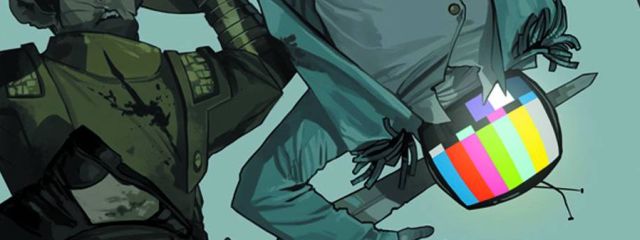

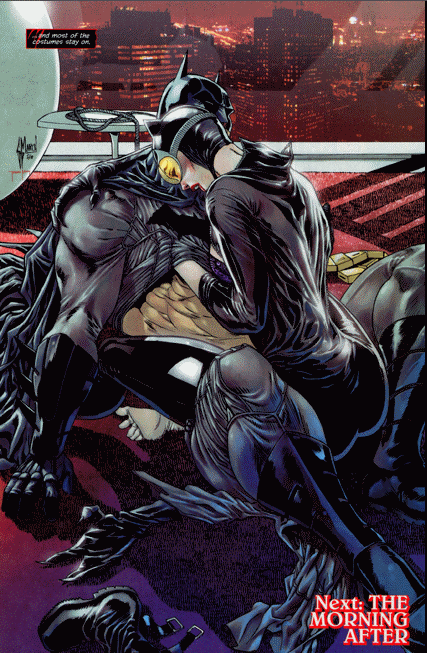

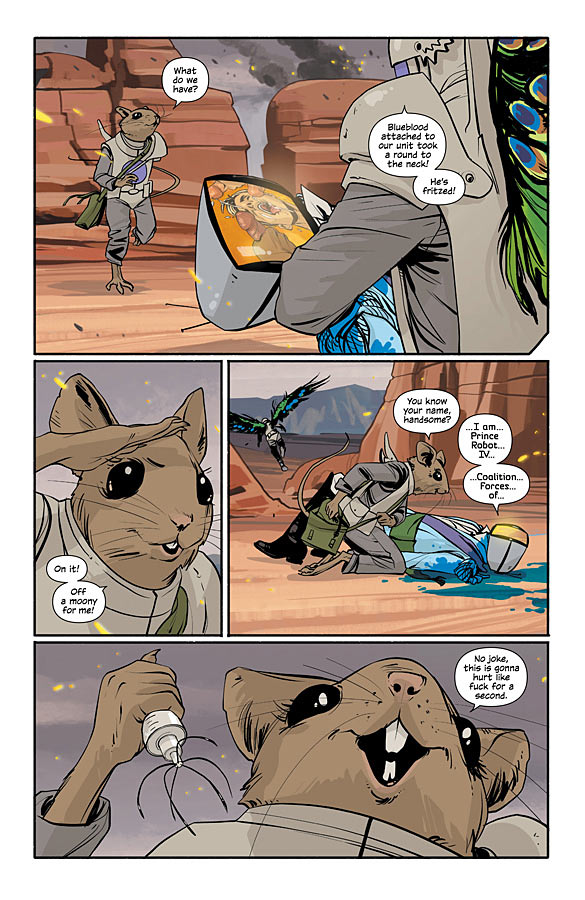
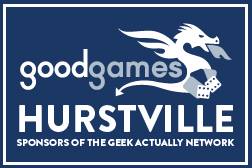
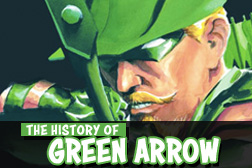

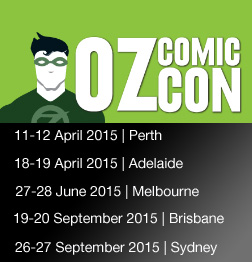
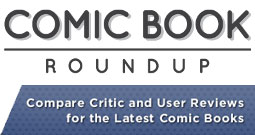




3 pings
[…] all of the controversy surrounding this issue, it’s easy to forget that there’s one of the most consistently entertaining epics […]
[…] Saga #12 is banned briefly and digital gatekeeping in comics https://behindthepanels.net/digital-gatekeepers-what-apples-ban-of-saga-12-means-for-comics/ http://www.comicbookresources.com/?page=article&id=44896 […]
[…] Saga #12 is banned briefly and digital gatekeeping in comics https://behindthepanels.net/digital-gatekeepers-what-apples-ban-of-saga-12-means-for-comics/ http://www.comicbookresources.com/?page=article&id=44896 […]